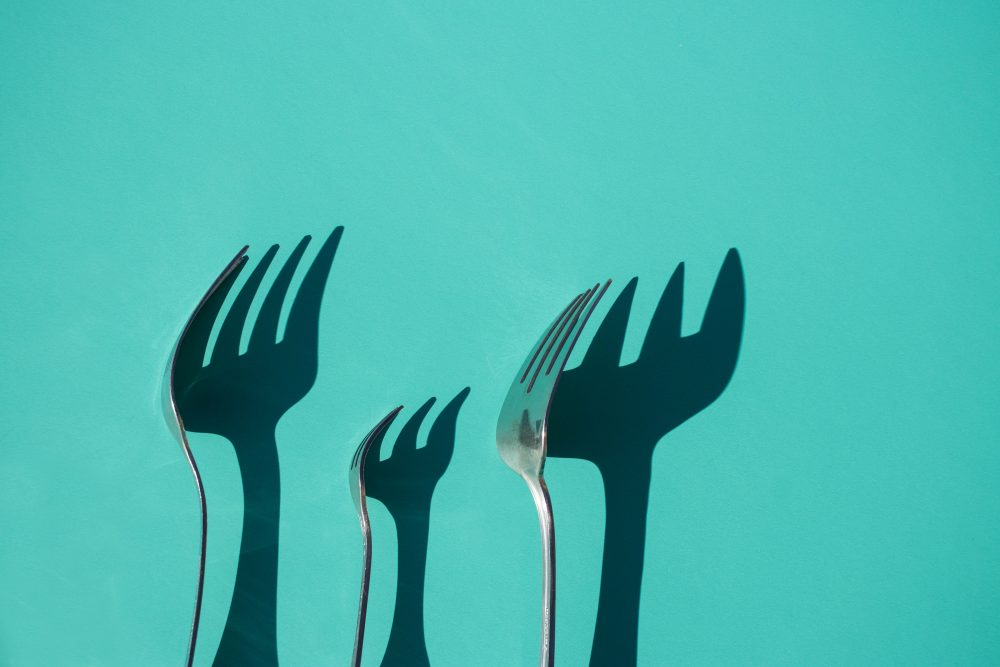
Self-harm is a way of harming our bodies in a variety of ways; most of them around us feeling out of control in some way.
This week is Eating Disorders Awareness Week. Eating disorders come under that category as the effects are on your body, as well as emotions and having psychological effects. For most people, they begin gradually, over a period of time: maybe skipping a meal? Taking up exercising a few times a day? Things that can appear to actually be ok and not cause anyone to notice as they slowly develop…however, what started as a way of taking control and coping, can soon become an addiction.
Addictions start small scale: one day at a time incidents “I’ll do this today because I feel like this today….”, however, it doesn’t take long for the addiction to take control of our feelings and become the master of us. Habits are formed within 30 days, so our brain rewires itself to follow our actions – both positive and negative.
Eating disorders encompass a huge variety of issues around disordered eating from bulimia (eating and then vomiting), to anorexia (self-starving) and binge eating (eating loads and loads); yet they all have some similarities:
- They actively harm you. Sadly, the harming factor is unseen on your insides as organs become weak the longer the you don’t eat (this includes your heart). Those struggling with overeating, may find their bodies absorb the fat and develop associated issues with that. Eating disorders impact your teeth (from vomiting), your bone structure (from lack of calcium), your hair and nails from lack of nutrients… most parts of your body will be effected by disordered eating.
- They limit your social life. Globally food centres around communities: family meals, birthday meals, getting pizza with friends… If food is causing you anxiety, then it’s highly likely you will decline these offers and feel more isolated than you felt before your eating disorder developed.
- Help can be given, when you are able to ask for it. As with any addiction, help needs to be acknowledged before it can be taken. Having an eating disorder is an inner fight: your body needs a healthy diet to sustain itself, yet your brain is fighting that natural urge to eat well. The fight is emotional and psychological and very tiring for the sufferer.
- There are stages in every eating disorder; the initial stages as the sufferer gradually believes they feel ‘good’ from the feeling being in control gives them, followed by the ‘maintaining’ phase where a sufferer develops a routine and possible rituals around their food issues; this is followed by a deteriorating stage. By this time friends and family will possibly have noted the change in appearance, mood, sleep patterns and demeanour – this is when Doctors are likely to become involved in order to keep your BMI and heart rate in as healthy way as can be hoped for.
- Friends and family can find excellent support and further information at www.b-eat.co.uk who run online support sessions for young people, adults and family members.